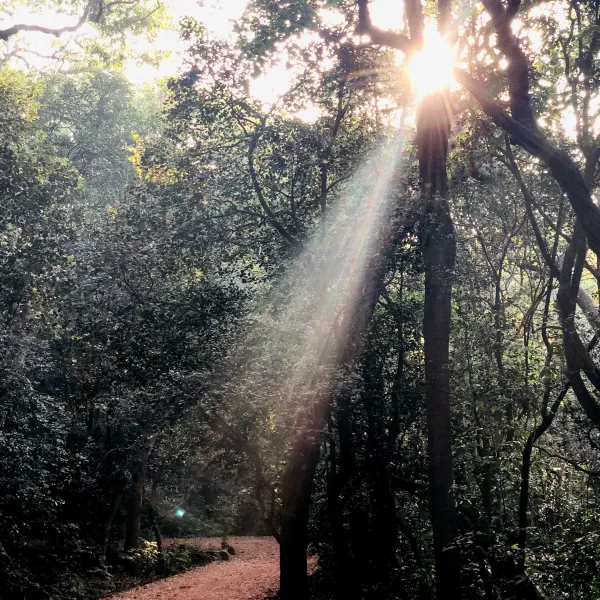Cremation vs. Burial

Main Differences Between Cremation and Burial
The main difference between cremation and burial is how the body is treated. With a traditional burial, the body remains intact and is typically embalmed before it is laid to rest in a casket in the ground or a mausoleum. With cremation, the body is incinerated, leaving only ashes behind. Cremated remains can also be buried in the ground or mausoleum, but they can also be scattered or kept in a cremation urn.
Which is Cheaper: Cremation or Burial?
In general, cremation tends to be cheaper than burial because there are less products to buy for a cremation. The cost of cremation includes incineration and an urn to hold the cremated remains. Other optional expenses can include a burial, the use of a scattering garden at a cemetery, or interment in a mausoleum or columbarium. Burials carry additional expenses including, a burial plot, a burial vault, a casket, and opening-and-closing service.
The question of whether cremation or burial is cheaper is not quite that simple. Memorial planning involves many variables in price. This is why planning memorial services in advance has become common practice, similar to saving for college and retirement. Planning in advance allows people to choose how their life story should be told and removes the burden for those left behind. It also gives you plenty of time to decide whether you want a cremation or burial, and whether it be at a gravesite, in a mausoleum, etc. These are personal decisions that impact how someone is visited after death, and also impacts cost.
Of course, cost should never be the only factor. It is important to uphold the wishes of the deceased, whenever possible.

Is Cremation or Burial Better for the Environment?
There has been much debate about whether cremation or burial is better for the environment. There are also other options including natural or green burials that are designed to be as environmentally friendly as possible. Therefore, the answer to whether cremation or burial is better for the environment ultimately depends on several different choices made during the planning process. Recommendations include not being embalmed, not choosing an in-ground burial, and picking the most biodegradable casket possible. We suggest stating this as an important consideration of yours when speaking with a burial planning associate.

Additional Considerations
Another important factor is the religion of the deceased. Some religions frown upon cremation or necessitate certain restrictions be met, while others prefer or even require cremation over burial. Therefore, if you or your loved one is of a particular faith, be sure to understand the appropriate stances on internment.
The Final Word on Choosing Between Cremation and Burial
If you still have questions and concerns about how to choose the option best for you and your loved ones, the experts at MemorialPlanning.com are always available for a free consultation.
